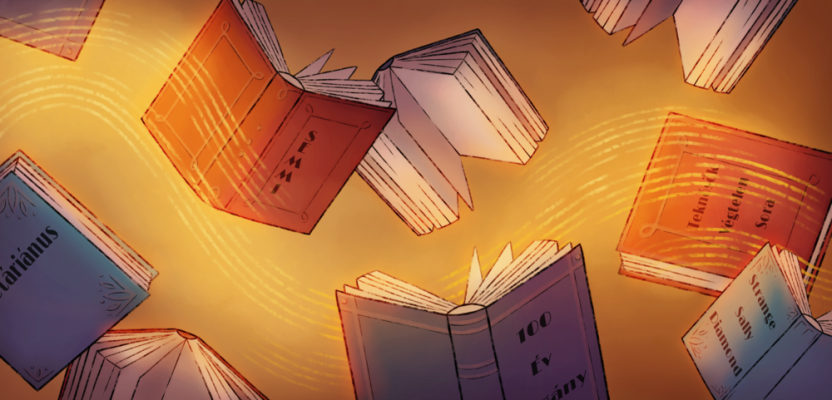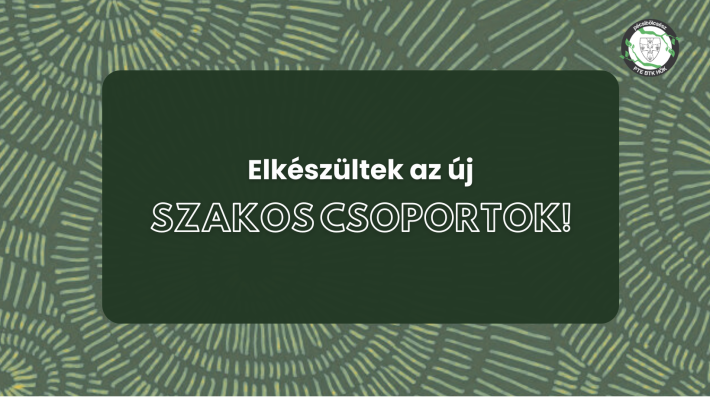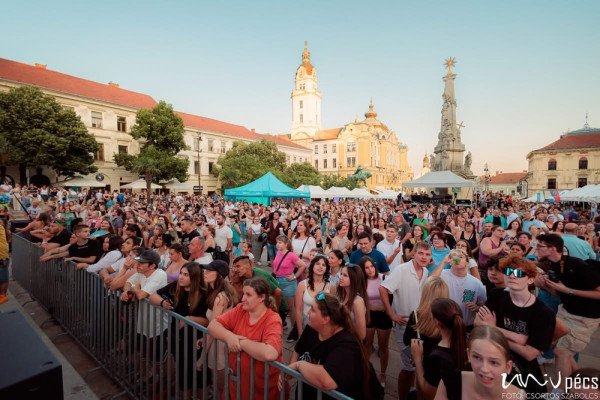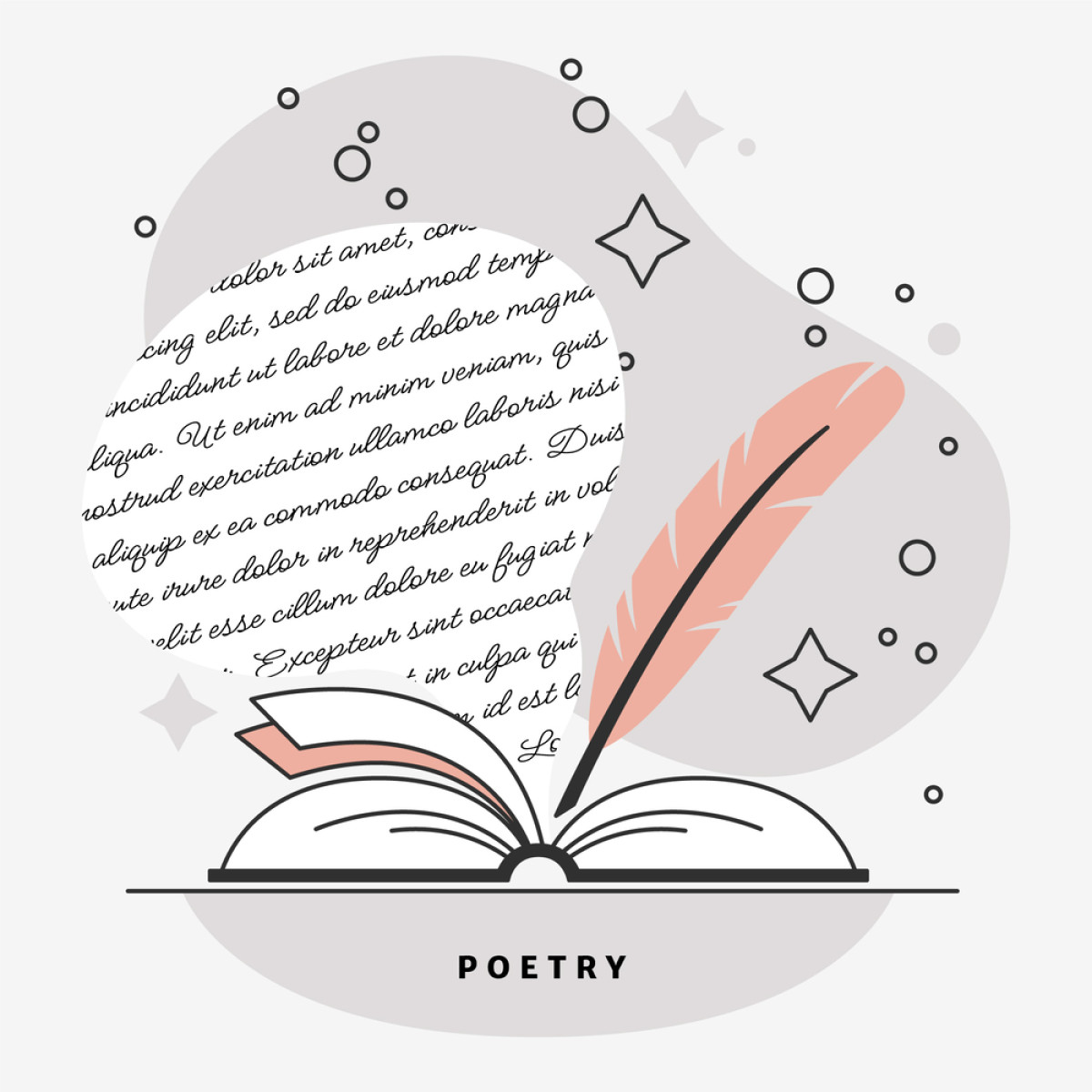
So, what could the poet mean? April 11 – The Day of Hungarian Poetry
This question probably brings back memories of high school Hungarian classes for most of us – you’re already scribbling away the second page of your poem analysis, thinking, there’s no way the poet meant all of this, right? We might never get an answer to that question, but that’s not why we’re here today. Our editorial team received a flood of poems from students of the Faculty of Humanities (BTK), and we welcomed them with great joy. You can read them here now, and we hope that even more people will be inspired to show off their poetic talents next year.
The Day of Hungarian Poetry has been celebrated every 11th April since 1964, and most people can probably dig up from the depths of their subconscious that it has something to do with a certain Attila József. The birthday of one of Hungary’s greatest poets was chosen as the day we celebrate our nation’s lyricists. And we can safely say that our poetry is truly beautiful – even though Hungarians are no slouches when it comes to prose.
It’s no coincidence that one of the most iconic figures in our history, Sándor Petőfi – the man who sparked the 1848 revolution – wasn’t just a young guy with a gift for public speaking who rallied the crowds; he was a poet. Everything he wanted to share about himself with the country, everything he wanted to tell the nation, he expressed through poetry. And he did it brilliantly: we were introduced to “Anyám tyúkja” (“My Mother’s Hen”) in elementary school, and those memories are usually fond ones.
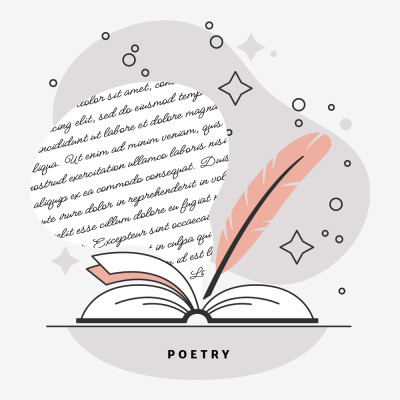
But we don’t have to stay stuck in the 19th century to talk about poetry. These days, thanks to postmodernism, the boundaries of lyrical expression have expanded, and free verse has been reigning for quite some time. Thanks to the internet, “Insta-poems” are spreading like wildfire. As April 11 approaches each year, we like to reflect on the fact that we now have many female poets as well. And although no one has it easy in the literary world, many women are producing truly valuable collections.
April also brings a wealth of programmes, with numerous events organised around Poetry Day, making it the perfect time to discover new contemporary poets. And even if you don’t manage to attend a single reading in the weeks before exam season, don’t worry – this year, for example, the Festive Book Week will begin on 12th June.
As we mentioned in the introduction, we received lots of poems – which you can read by clicking right here!
Translated by: Zoé Eötvös







